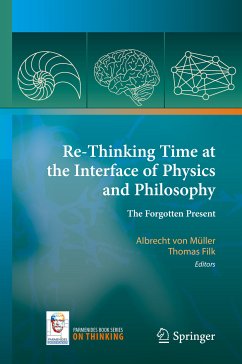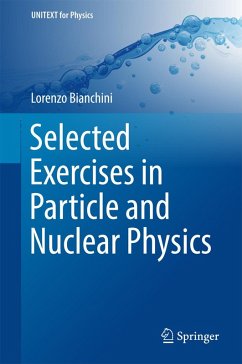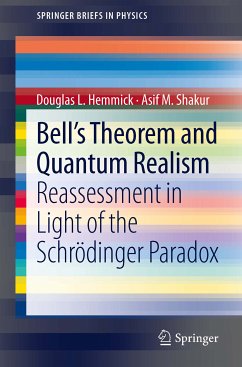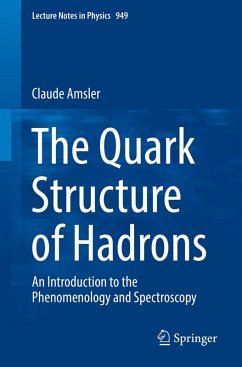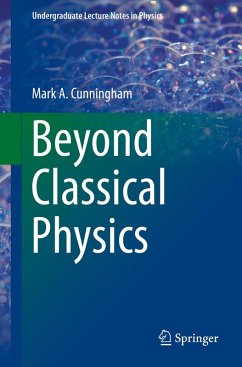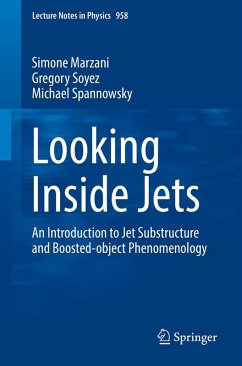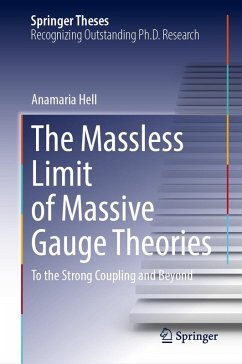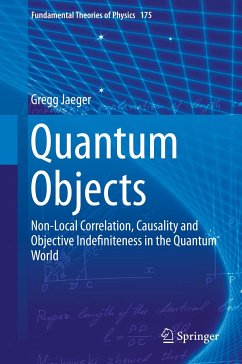
Particle Metaphysics (eBook, PDF)
A Critical Account of Subatomic Reality
Versandkostenfrei!
Sofort per Download lieferbar
46,95 €
inkl. MwSt.
Weitere Ausgaben:

PAYBACK Punkte
23 °P sammeln!
The successes of atomic, nuclear and particle physics have not banished controversy regarding the constitution of matter. This book analyzes the debates by exploring the particle concept in physics. Are the particles of modern physics "real" or "virtual," their existence conjured through the careless application of abstract theories? Are philosophers who debate "scientific realism" clinging to a problem long ago solved by physicists? These questions are far from settled, because, with the introduction of quantum theory, physical science no longer possesses a reliable particle concept. Scientis...
The successes of atomic, nuclear and particle physics have not banished controversy regarding the constitution of matter. This book analyzes the debates by exploring the particle concept in physics. Are the particles of modern physics "real" or "virtual," their existence conjured through the careless application of abstract theories? Are philosophers who debate "scientific realism" clinging to a problem long ago solved by physicists? These questions are far from settled, because, with the introduction of quantum theory, physical science no longer possesses a reliable particle concept. Scientists and philosophers interested in the "true meaning" of physical concepts will find this book informative and thought provoking.
Dieser Download kann aus rechtlichen Gründen nur mit Rechnungsadresse in A, B, BG, CY, CZ, D, DK, EW, E, FIN, F, GR, HR, H, IRL, I, LT, L, LR, M, NL, PL, P, R, S, SLO, SK ausgeliefert werden.



